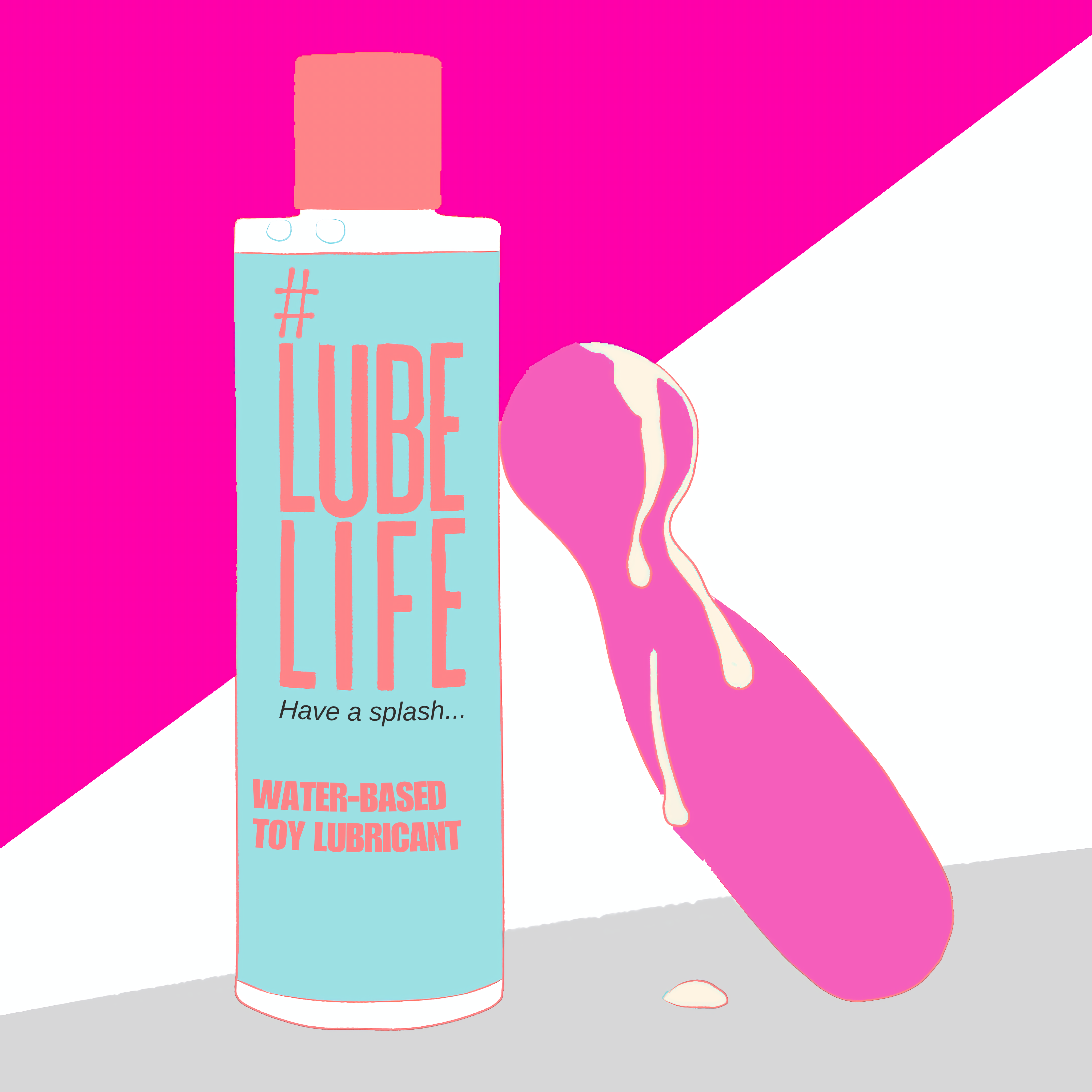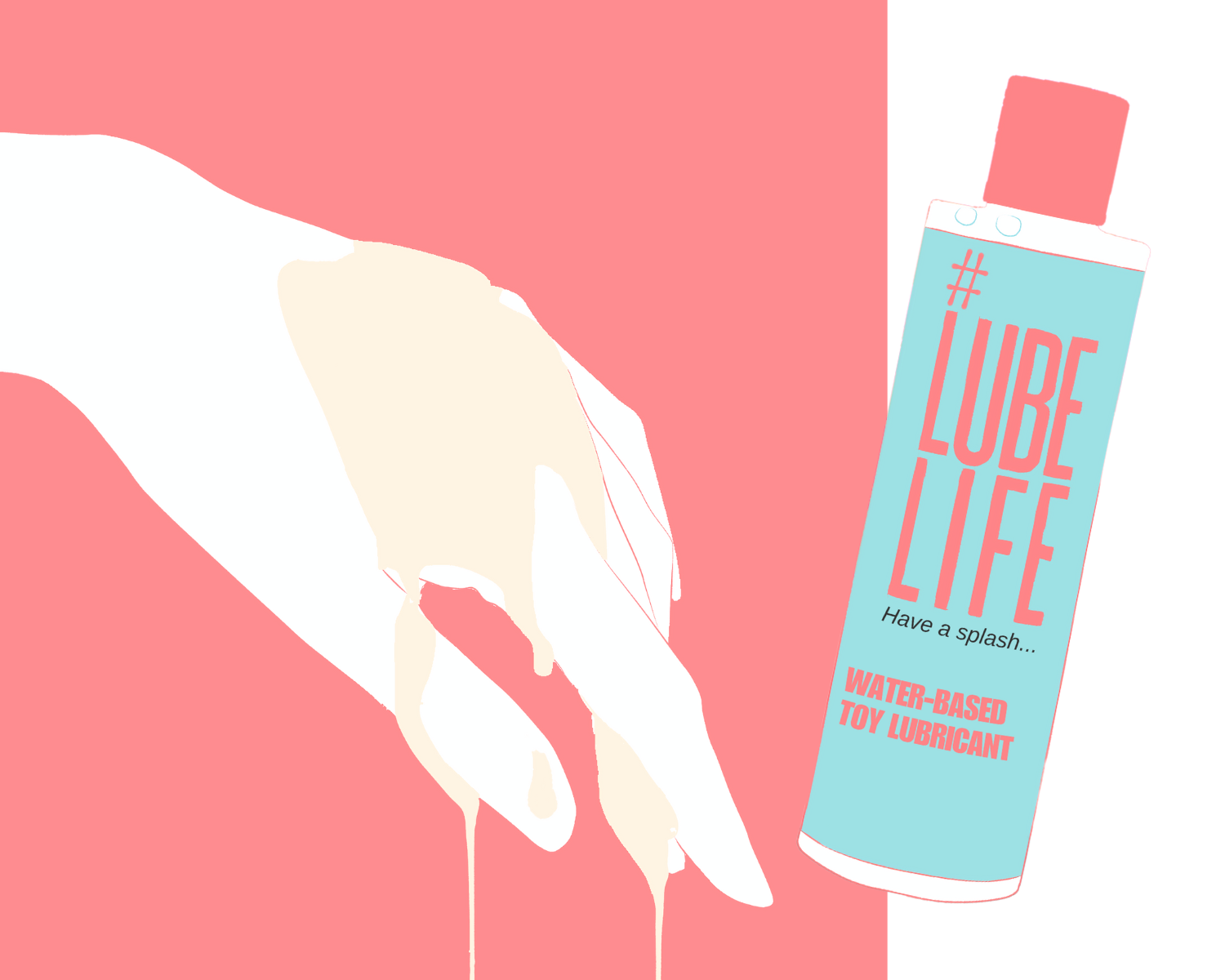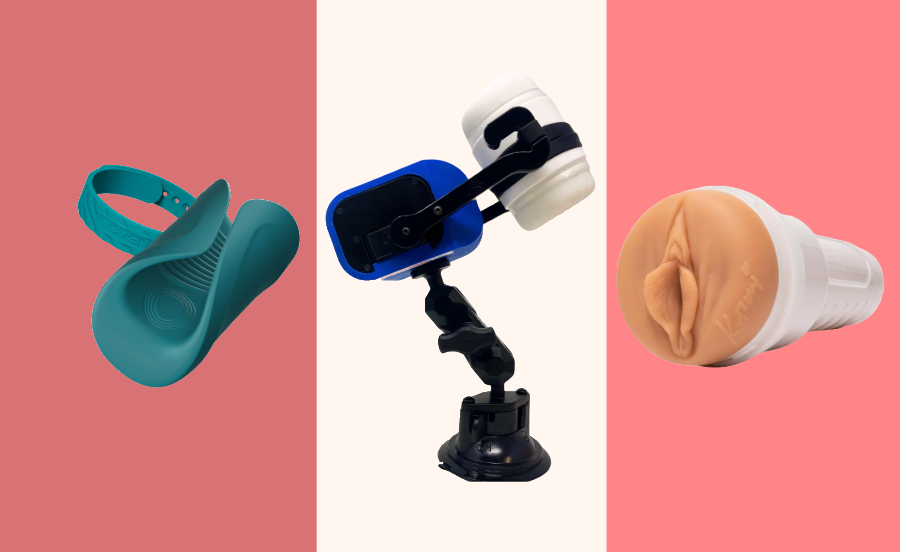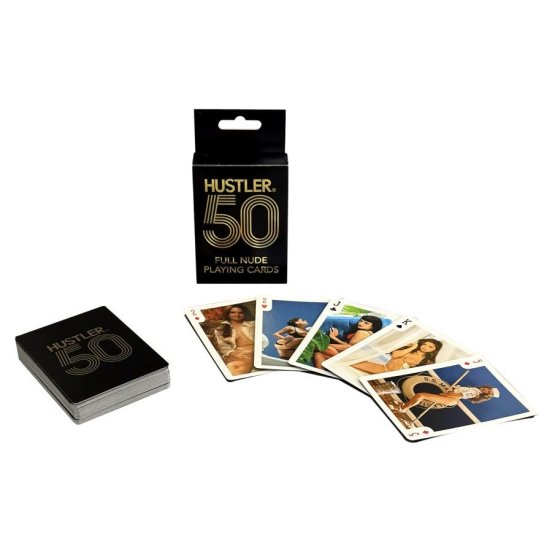What Type of Lube to Use for Every Situation
Adriana
Feb 16, 2025
- 2 Follow
- 0 Collect
- 0 Like
- 340 Read
- Report

If there’s one thing I’d recommend to make playtime more fun, it’s lube. Adding lube makes things more comfortable and lets sex last longer (if you want it to). And even if you don’t notice, lube can prevent tiny painful tears that make it easier to get bacterial infections and STIs. Your head might spin from the lube options in stores and online,
If you only want one type of lube to use with sex toys, look no further than water-based lube. As the name suggests, these formulas are based on the liquid we all know well: water. For many, water-based lube is their gateway lube. It’s readily available and affordable, and two of the best-known lubes, KY Jelly and Astroglide, are water-based, but almost every company that makes lube has a water-based offering.
You can safely use water-based lube for multiple activities, including solo sex with toys and partnered sex, with or without condoms. Water-based lube is one option for anal sex, too. Water-based formulas can be thin liquids or thicker gels, which can be helpful to prevent lube from dripping all over–and off of–your toys. You can always apply more lube as needed, whether with a partner or alone.

While you’re always safe to use water-based lube, some prefer different types of lube for several key reasons. First, water-based lube can dry quickly and get sticky as it does. Secondly, water-based lube is water-soluble, meaning it will wash off in water, so it’s not good for playtime in a shower. Enter silicone-based lube. Silicone lube uses a silicone formula that won’t wash off with water and stays slicker for longer–enough so that you can use it for a sensual massage. It’s also safe to use with condoms for more comfortable and pleasurable sex. Uberlube is a fan favorite that comes in a glass pump bottle. However, there’s one instance when you might want to avoid silicone lube: when using silicone sex toys. Silicone lube could have an interaction with silicone toy. This isn’t always the case, though. It’s more likely to happen with low-quality or softer silicones like the dual-density silicone in realistic dildos. You can test to see whether your silicone lube is compatible with your silicone toys by applying a small amount near the base, not where it would touch you or you’d insert it. Rub vigorously for five to ten minutes to simulate use. If the toy becomes sticky or tacky in this spot, you shouldn’t consider it incompatible with silicone lube. Assume that spot is no longer nonporous. Silicone-based lube may stain some linens or clothing, so using a towel or sex blanket when using silicone lube isn’t a bad idea. Hybrid lube, which contains silicone and water, may be less likely to stain while offering the best of both worlds.
Oil-based lube may be a good option in some cases. However, there are times when it’s not okay to use. Oil-based lubes can degrade latex condoms and diaphragms, so you shouldn’t use them if either of those is your preferred form of protection. You’ll find some oil-based lubes for male masturbation. These typically thicker lubes lubes feel great for stroking and can also be used for anal penetration. Boy Butter, for example, comes in a tub reminiscent of margarine. Things are less clear from there, unfortunately. The primary oil in many lubes is coconut oil, which many have sworn by and used right from the pantry for years (along with various other oils). People like the idea that coconut is natural and anti-fungal. However, there’s no consensus that coconut oil is safe for vaginas, and there is concern that it could increase the risk of some infections. Some coconut oil lubes are water-based with the addition or infusion of coconut oil. They may be listed as a hybrid, as with System Jo’s option, which can be safely used with latex and natural but not polyurethane condoms. However, coconut oil is the main ingredient in some lube and will be listed as the first ingredient. Always check product packaging to ensure compatibility with your protection and toys. Like silicone lube, coconut oil can stain. Throw a towel down before you get down to protect your bedding or furniture.
You can–and should–use any type of lube for anal. The anus isn’t self-lubricating, so you can easily cause tears without noticing if you don’t use lube. This can cause an infection or pass an STI between the penetrating and receptive partner. Finding the right lube for anal play or sex usually involves a bit of trial and error. It’s all about what you find comfortable. Some people like long-lasting silicone, but others prefer how their favorite water-based lube feels. You’ll even find anal-specific lubes. One thing to consider is whether you want thin and slick or thick and cushy, which you may need to experiment with to discover. Silicone lube is usually thinner than water-based can, so you may not enjoy it if you prefer a gel.

If you’re trying to get pregnant, you might be using lube to make it as pleasurable as possible. However, without you realizing it, your lube may be hurting sperm and making it less likely that you’ll get pregnant. Trying to conceive (TTC) or fertility lube, such as Pre-Seed or BioGenesis, is designed to be more friendly toward sperm to maximize your chances of pregnancy.
This final category of lube is designed to make sex more interesting and not just more comfortable. For example, flavored lube can make oral sex more enjoyable for everyone involved by adding moisture while masking bad smells and tastes. Flavored lube was once sticky and frustrating, but companies like Sliquid have mastered making flavored lubes that taste good with very little stickiness. Stimulating lubes, including those that heat, cool, or tingle, can intensify sexual sensations. They usually rely on mint, which initially cools but heats upon contact. Sometimes, couples' lubes include two lubricants with complementary sensations. It’s important to test sensation lube on a non-genital area before use to test for reactions or unpleasant sensations. Otherwise, you might find sex interrupted by painful burning. Aside from lube's main uses and ingredients, many companies will advertise extra ingredients such as aloe vera or carrageenan for additional slickness and comfort. You’ll also find personal lube that’s designed to mimic your body’s natural lubrication or ejaculate. Some companies offer natural or organic lubricants, while others have vegan or cruelty-free offerings. Your favorite lube will depend on your body and preferences, but now you have information to find–and start using–the right lube for you.
















